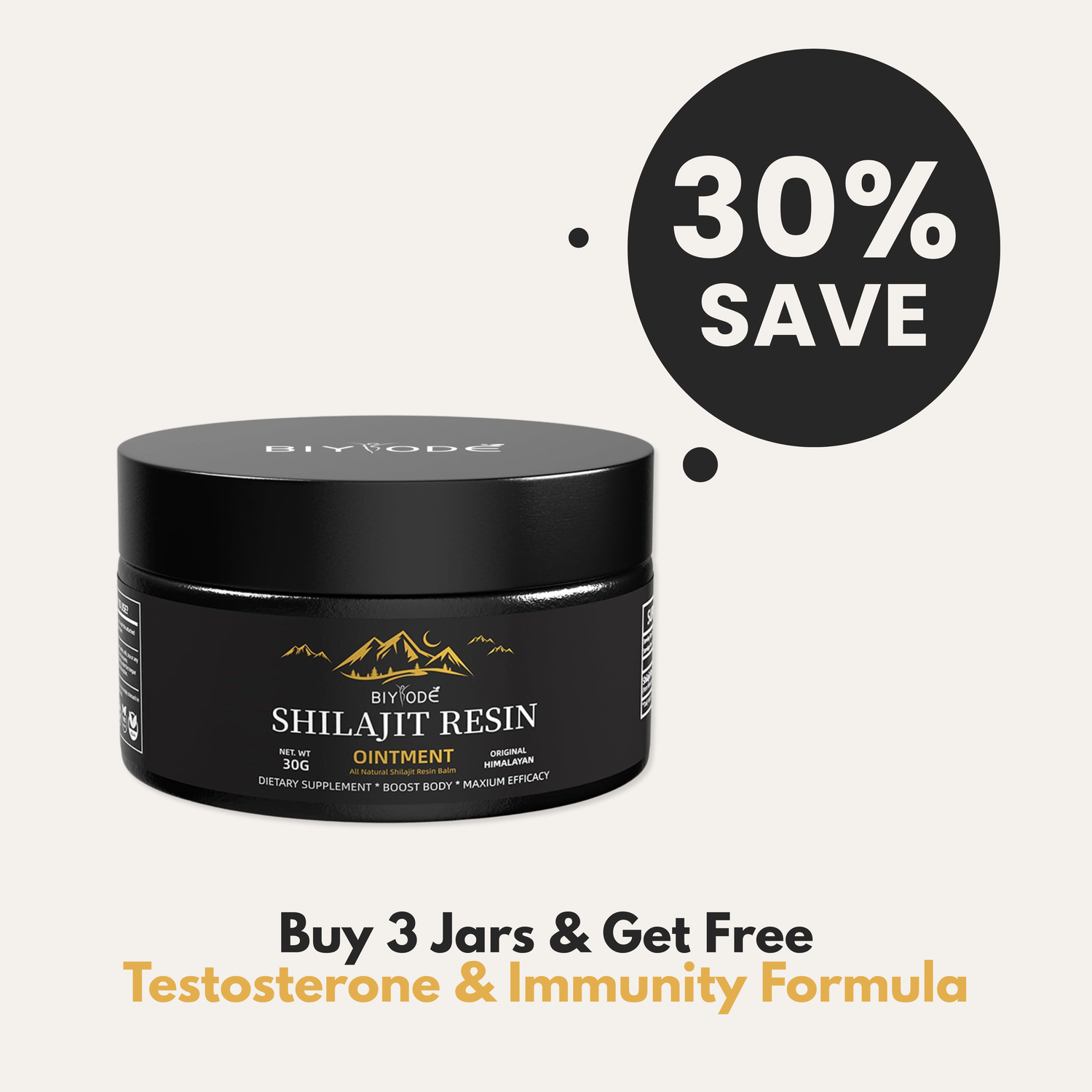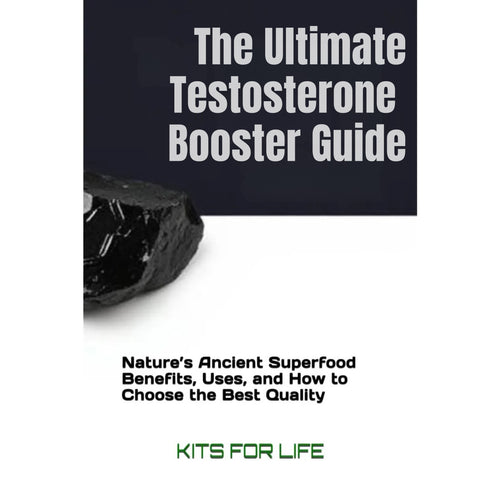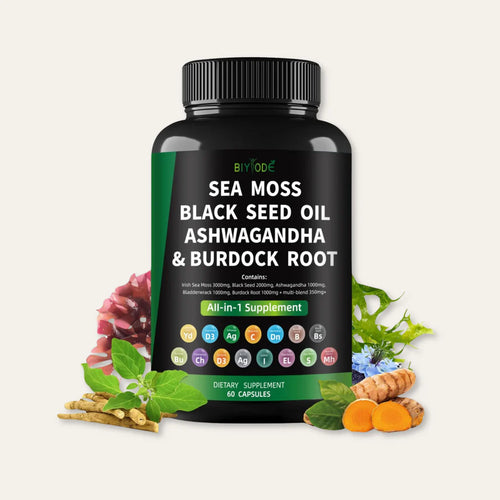Shilajit Original Price – What You Need to Know Before You Buy
Shilajit, known as the “conqueror of mountains and destroyer of weakness,” is one of nature’s most potent superfoods. Derived from decomposed plant matter high in the Himalayan mountains and other rocky terrains, this mineral-rich resin has been used for thousands of years in Ayurvedic medicine. But as the popularity of Shilajit has grown in recent years, so has the confusion around its original price. From premium organic resins to suspiciously cheap powders, the market is flooded with options—making it critical for consumers to understand what they’re paying for. The original price of Shilajit isn’t just a number—it’s a reflection of purity, quality, sourcing, processing, and authenticity.
1. What Is the Average Original Price of Pure Shilajit?
The price of authentic Shilajit resin usually ranges between $40 to $80 USD (PKR 10,000 to 22,000) for a 30-gram jar. This price can vary depending on brand, packaging, country of origin, and whether the product is tested for heavy metals and contaminants. Powdered or capsule forms may be slightly cheaper but often lack the potency and authenticity of pure resin.
2. Why Is Pure Shilajit Resin More Expensive?
The high cost of real Shilajit resin is largely due to the labor-intensive harvesting process. Extracting Shilajit from rocks in high-altitude Himalayan regions—often 10,000 to 16,000 feet above sea level—is both dangerous and time-consuming. It must be hand-collected in limited seasons and purified naturally. Quality brands use sun-drying and water-filtration techniques to preserve the mineral content without damaging its biological structure. These methods cost more but ensure a high-quality product.
3. Don’t Be Fooled by Cheap Prices
Products claiming to sell “pure Shilajit” for a very low price—say, below PKR 2000 (under $10 USD)—are most likely adulterated, fake, or mixed with additives. Real Shilajit is rare and cannot be mass-produced cheaply. Some vendors even sell burnt cow dung, asphalt, or synthetic tar, claiming it is natural Shilajit. These can be harmful to your health and will not offer any of the authentic benefits. If it sounds too good to be true, it probably is.

4. Value Over Price – Why Quality Matters More
Many buyers focus too much on price without realizing that high-quality Shilajit can last up to 2–3 months, even in small quantities. Since a daily dose is just a pea-sized portion (around 300–500 mg), a 30-gram jar can offer nearly 60–100 servings. So even if it costs $50, you're paying less than $1 per day for a premium health tonic. Cheaper versions, on the other hand, might provide no benefits—or worse—cause side effects. Paying more for lab-tested, organic resin ensures you’re getting what your body truly needs.
5. What Do Experts and Doctors Suggest?
Dr. Sameer Qureshi, a herbal medicine specialist, advises:
"When it comes to Shilajit, patients must prioritize authenticity. Real Shilajit from Himalayan sources is not cheap, and that's a good thing. Always ask for lab reports and check sourcing information before buying. In my clinic, I recommend brands that sell resin with above 60% fulvic acid and zero chemical fillers—even if it's a bit costly."
Dr. Maria Siddiqui, an Ayurvedic expert, shares:
"I warn against buying low-cost Shilajit from unknown sellers. Many cheap powders contain heavy metals and artificial fillers. My recommendation is to go for pure resin, even if it costs more. One jar lasts long and delivers real results."
6. Reviews from Real Users Justify the Price
Hamza T. – Lahore, PK:
"I was shocked when I first saw a jar for PKR 12,000, but once I used it, the energy boost and mental clarity I got were beyond expectations. Now I won’t buy any cheaper versions again."
Amina R. – Islamabad, PK:
"I bought a low-priced capsule online for PKR 1,500 and felt nothing. Then I switched to a pure resin brand recommended by my naturopath for PKR 9,000. It improved my digestion, stamina, and even cleared my skin!"
Conclusion
When it comes to Shilajit, the original price reflects authenticity, purity, and effectiveness. While it may seem expensive upfront, real Shilajit offers incredible value for health, energy, and overall well-being. Cheap versions are often counterfeit and can do more harm than good. A pure, lab-tested Himalayan resin might cost more, but it also delivers more. For those seeking genuine, natural vitality and holistic healing, investing in original Shilajit is not just a purchase—it’s a decision for a healthier, stronger, and more energized life.



